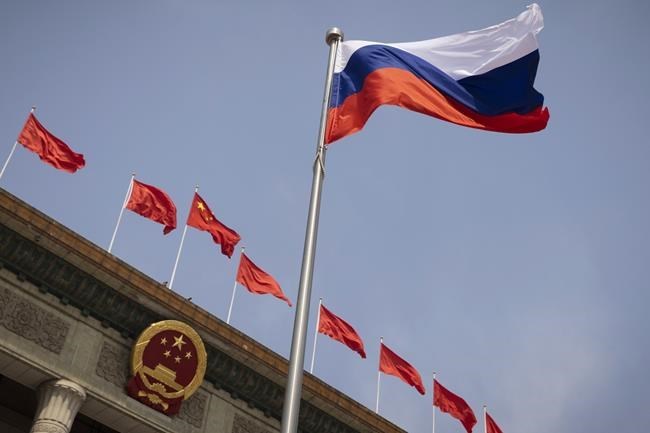OTTAWA — A new federal report says cyberthreat activity targeting elections is increasing worldwide, and is now more likely to be seen in Canada's next federal ballot.
The report by the Canadian Centre for Cyber Security found that in 2022 slightly over one-quarter of all national elections globally had at least one reported cyberincident.
The centre says state-sponsored cyberthreat actors with links to Russia and China carried out most of the attributed activity aimed at foreign elections since 2021.
Russia and China’s cyberthreat activity includes attempts to conduct denial-of-service attacks against election authority websites, accessing voters' personal information and scanning for vulnerabilities in online election systems.
However, the centre cautioned that online perpetrators are getting better at covering their tracks, and most cyberthreat activity targeting elections remains unattributed.
The report also highlights the emerging phenomenon of generative artificial intelligence, which can produce various types of content, including text, images, audio, and video, sometimes called "deepfakes."
"This synthetic content can be used in influence campaigns to covertly manipulate information online, and as a result, influence voter opinions and behaviours," the report says.
"Despite the potential creative benefits of generative AI, its ability to pollute the information ecosystem with disinformation threatens democratic processes worldwide."
In most cases, it is unclear who is behind AI-generated disinformation, the report adds.
"However, we assess it very likely that foreign adversaries or hacktivists will use generative AI to influence voters ahead of Canada’s next federal election."
Cyberthreat actors are already using the technology to pursue strategic political objectives abroad, the report notes. For example, pro-Russia players have used generative AI to create a deepfake of Ukrainian President Zelenskyy surrendering following Russia’s invasion of Ukraine.
"We assess it very likely that the capacity to generate deepfakes exceeds our ability to detect them. Current publicly available detection models struggle to reliably distinguish between deepfakes and real content."
This report by The Canadian Press was first published Dec. 6, 2023.
The Canadian Press



